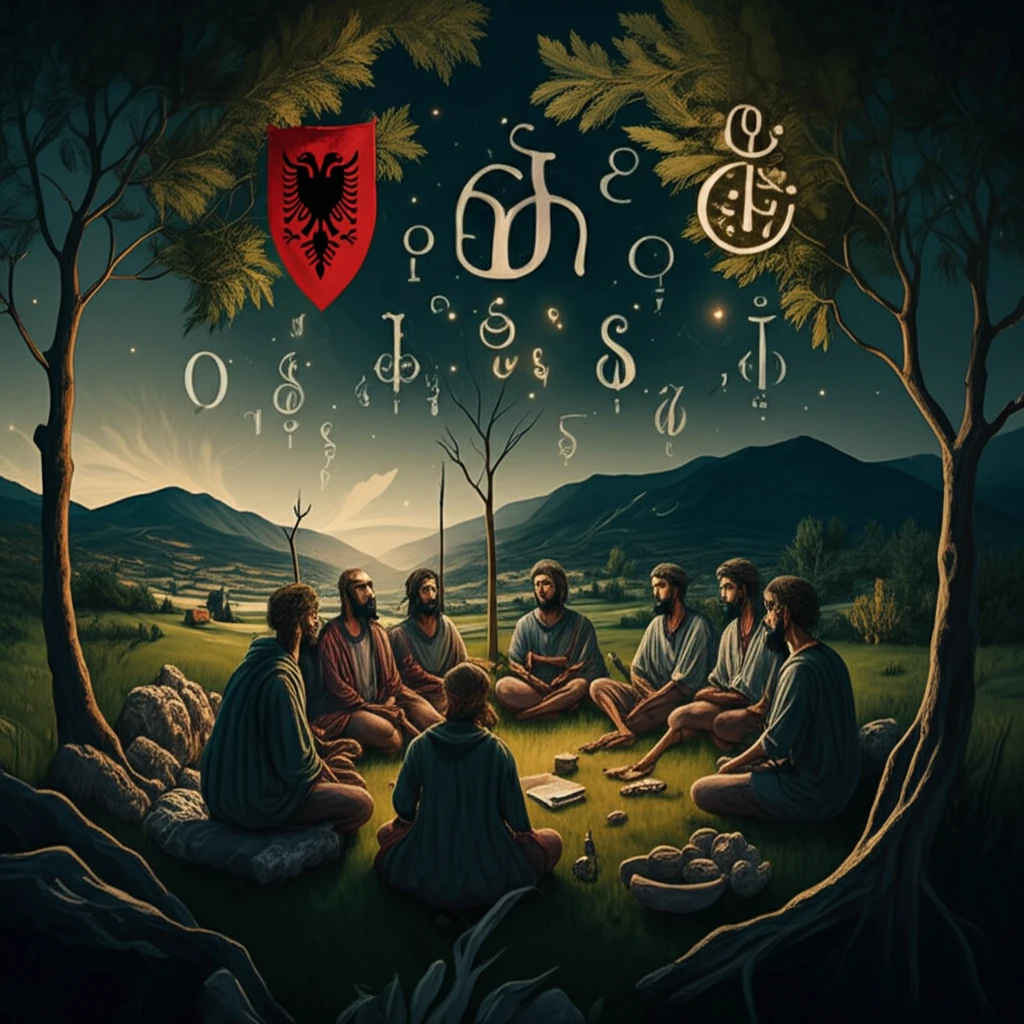
Unlocking the Secrets of Albanian Idioms: A Cultural Journey Through Language
"Discover the rich history and unique expressions hidden within the idioms of the Kardhiqi region of Albania, and how they reflect the area's soul."
Language is more than just words; it's a living repository of culture, history, and identity. In Albania, this is especially true, where the richness of the language reflects a deep connection to the past and a vibrant sense of community. Among the most captivating aspects of any language are its idioms—those colorful expressions that carry layers of meaning beyond their literal definitions.
This exploration delves into the captivating world of Albanian idioms, focusing on those unique to the Kardhiqi region of Gjirokastra. These aren't just quirky sayings; they're windows into the soul of a people, offering glimpses into their history, values, and way of life. Understanding these idioms is like unlocking a secret code to understanding Albanian culture.
Imagine learning about a culture not through dry textbooks, but through the very phrases its people use to describe their world. That's the power of idioms. They paint vivid pictures of daily life, reveal hidden beliefs, and preserve the wisdom of generations. So, come along on this linguistic journey and discover the beauty and depth of Albanian culture through its idioms.
Why Albanian Idioms Matter: More Than Just Words

Albanian idioms are far more than just interesting turns of phrase; they are cultural artifacts that encapsulate the history, psychology, and social norms of the Albanian people. As noted in academic research, these idioms provide a unique lens through which to view the world, reflecting a collective understanding shaped by centuries of experience.
The Future of Albanian Idioms: Keeping the Language Alive
The idioms of the Kardhiqi region, and Albania as a whole, are a treasure trove of cultural and linguistic heritage. By studying and preserving these expressions, we not only gain a deeper understanding of the Albanian people but also contribute to the vitality and evolution of the language itself. As language continues to evolve, it's critical to maintain an appreciation of history.
